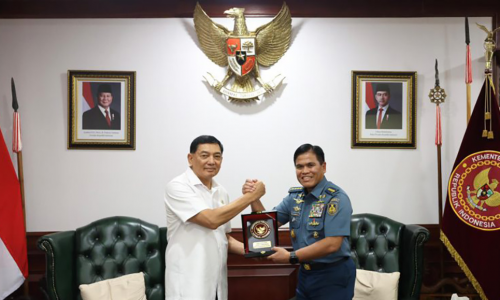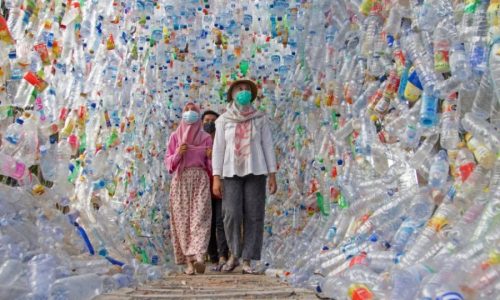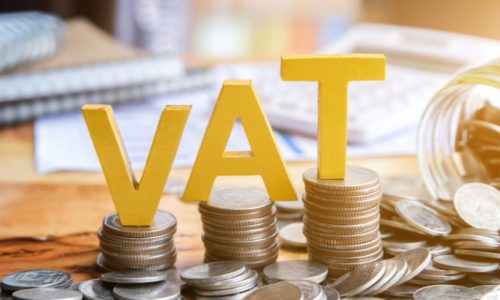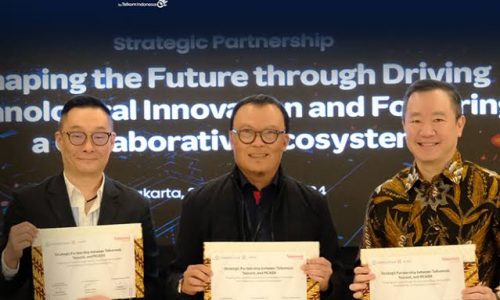The Indonesian Political Indicators survey institute released the results of a latest survey related to the performance of Preisdent Joko “Jokowi” Widodo. The survey findings noted that the total public satisfaction toward the performance of the president reached 78.5 percent, which is the highest in the past nine years.
“During the institute’s public satisfaction survey or approval rating, Jokowi has become the highest in history,” said Burhanuddin Muhtadi, Executive Director of Indonesian Political Indicator when presenting results of the survey on Sunday (30/4).
The percentage also became the highest during Jokowi’s presidency. According to Burhanuddin, the first survey began in January 2015, which placed Jokowi’s approval rating at 61.7 percent.
Burhanuddin noted that the high approval rating is attributed to Jokowi’s and his administration’s ability to control inflation. He stated that inflation is the highest benchmark for the public in determining their level of satisfaction.
“Jokowi’s success in controlling inflation can be seen from what happened before and during this year’s Eid al-fitr, where the prices of essential goods were kept relatively stable and there was no significant increase,” Burhanuddin said.
The survey also shows that another reason that brought Jokowi’s approval rating to the highest level in history is because of the assistance provided to the underprivileged, with a percentage reaching 40.7 percent.
The survey was conducted from April 11-17, 2023 by interviewing 1,220 respondents with a confidence level of 95 percent.
Jokowi’s assistance programs and efforts to control domestic inflation
Jokowi’s administration has implemented social assistance programs and other forms of support for the underprivileged, which are funded through the state budget (APBN). These programs are typically included in the government’s annual budget allocation and are managed by various government agencies and ministries.
The funding for these programs comes from a combination of government revenue sources, such as taxes, natural resource royalties, and other forms of income.
Here are some examples of Jokowi’s social assistance programs:
- The Family Hope Program (Program Keluarga Harapan): This is a social assistance program that provides cash transfers to poor families to help them meet their basic needs, such as food, health care, and education. The program is managed by the Ministry of Social Affairs and receives funding from the APBN.
- The Village Funds Program (Dana Desa): This program provides grants to rural villages in Indonesia to support community-led development projects. The funds are managed by local governments and are allocated based on community priorities. The program also receives funding from the APBN.
- The Pre-employment Card Program (Program Kartu Prakerja): This program provides job training and placement for unemployed or underemployed individuals in Indonesia. The program provides online training and financial assistance to participants to help them acquire new skills and find employment. The program is managed by the Ministry of Manpower and receives funding from the APBN.
- The Smart Indonesia Card Program (Kartu Indonesia Pintar): This is a scholarship program for underprivileged students in Indonesia. The program provides financial assistance to students to help them cover the costs of education, including tuition, books, and transportation. The program is managed by the Ministry of Education and also receives funding from the APBN.
Related to controlling the inflation, Indonesia is doing relatively well as compared to other countries, such as Argentina, whose inflation rate has reached 83.5 percent.
According to President Jokowi, the government has worked comprehensively to control domestic inflation, while generally, other countries merely raised their central banks’ rate to address the problem.
Jokowi had given the authority to the regional heads to use the two percent of the general transfer fund (DTU) as well as the unexpected spending budget in their regional budget (APBD) to control inflation.
In addition, the Jokowi administration has reduced fuel subsidies and implemented a fuel price adjustment mechanism to ensure that fuel prices are in line with market conditions.
To promote domestic production, the government has also provided incentives for small and medium-sized enterprises and improved infrastructure to support logistics and transportation.









